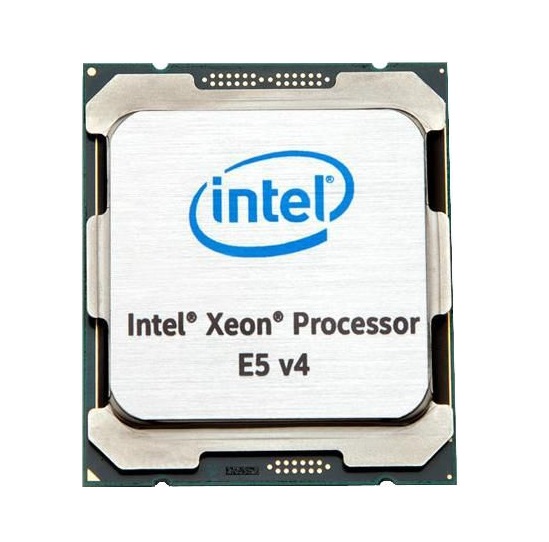CPUs and Processors
Welcome to our online store, where we offer a wide range of CPUs and processors for your computing needs. Whether you're building a new computer or upgrading your existing system, we have the right CPU or processor for you.
CPUs (Central Processing Units) and processors are the most important component of a computer system. They are responsible for executing all the commands and processing data. A good CPU or processor can make a significant difference in the performance of your computer, making it faster and more responsive.
Benefits:
High performance:A good CPU or processor can significantly improve the performance of your computer, making it faster and more responsive.
CPUs (Central Processing Units) and processors are the most important component of a computer system. They are responsible for executing all the commands and processing data. A good CPU or processor can make a significant difference in the performance of your computer, making it faster and more responsive.
An interposer is a device that connects two or more components together, usually by adapting one component to work with another. It is commonly used in computer hardware to allow the connection of components that are not compatible with each other, such as a different form factor or pin configuration. Interposers can be passive or active. A passive interposer does not require any power source and simply adapts the electrical signals between components. An active interposer, on the other hand, contains additional circuitry and requires power to operate. Active interposers can provide additional features such as signal amplification, signal conversion, or signal conditioning. There are various types of interposers, each designed for a specific purpose. Some examples include: A memory interposer is used to connect memory modules with different pin configurations. It allows memory modules with different pin counts or pin layouts to be connected to a motherboard or other device. A processor interposer is used to connect a processor to a socket with a different pin configuration. It allows processors with different pin counts or pin layouts to be used with a motherboard or other device. A power interposer is used to connect power sources with different voltage or current requirements. It allows devices with different power requirements to be connected to a power supply or other power source. A test interposer is used to access signals or components for testing purposes. It allows signals or components to be monitored or modified without affecting the normal operation of a device. Interposers are essential in many situations where components with different pin configurations or form factors need to be connected. They provide a simple and cost-effective solution for adapting components to work together, without the need for costly hardware redesigns. Interposers allow different types of connections to work together, improving overall connectivity and compatibility. Interposers can simplify the testing process by providing a bridge between different test points, allowing for easier and more efficient testing. Interposers allow for more flexibility in circuit design, making it easier to incorporate different components and connections into your design. Our interposers are made from high-quality materials and are rigorously tested to ensure maximum reliability and durability. PCB (Printed Circuit Board) interposers are used in electronic devices and provide a bridge between two or more PCBs. These interposers can be custom-designed to meet specific requirements, making them ideal for high-performance electronic devices. Burn-in interposers are used in the testing process for electronic devices, providing a bridge between the device under test and the testing equipment. These interposers can handle high temperatures and harsh conditions, ensuring reliable and accurate test results. BGA (Ball Grid Array) interposers provide a bridge between BGA components and testing equipment, allowing for easy and efficient testing of BGA components. These interposers are available in a range of sizes and configurations to meet different testing needs. Interposers use different types of connectors to connect different types of connections. Connectors can vary in size and configuration depending on the type of interposer. The substrate is the base material used to make the interposer. Substrates can be made from different materials like ceramic or FR-4, depending on the interposer's requirements. Solder balls are small spheres of solder that are used to connect the interposer to other components or connections. Interposers require minimal maintenance, but regular cleaning can help keep them in good condition. It's important to keep the interposer free from dust and debris to prevent any potential connectivity issues. At our online store, we offer a wide range of high-quality interposers to meet your electronic and testing needs. Our interposers are made from high-quality materials and are rigorously tested to ensure maximum reliability and durability. With our expert customer service and competitive pricing, we are committed to providing you with the best shopping experience. Explore our collection now and discover the ideal interposer to meet your requirements. Interposer
Memory interposer:
Processor interposer:
Power interposer:
Test interposer:
Benefits of Interposers:
Improved connectivity:
Increased testing efficiency:
Enhanced design flexibility:
Higher reliability:
Types of Interposers:
PCB Interposers:
Burn-in Interposers:
BGA Interposers:
Components of Interposers:
Connectors:
Substrate:
Solder Balls:
Maintenance of Interposers:
Conclusion:












